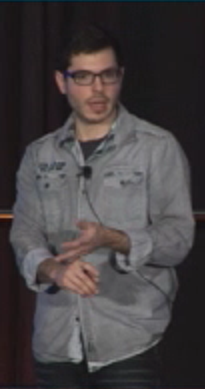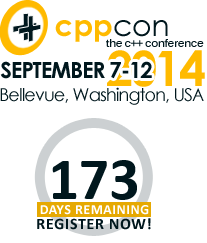Masking a Class in Boost.Graph -- Vadim Androsov
 Here's an experience report about using Boost's graph support in an existing game app, with some notes about Boost Concepts:
Here's an experience report about using Boost's graph support in an existing game app, with some notes about Boost Concepts:
Masking a Class in Boost Graph. Part 1: Let the Interface Be
Masking a Class in Boost Graph. Part 2: Completing the Implementation of Concept Support
by Vadim Androsov
From the articles:
I had to rebuild a pathfinding algorithm for our game recently. The previous one (Boost Concepts) was bad as any sidestep was dangerous. So I wanted to take a ready algorithm from a good source. That’s exactly when I remembered about boost as there’s functionality for working with graphs. Unfortunately “find a function, call it and everything will work” approach wasn’t meant to be realized. The library is focused on the maximum use flexibility which has badly affected its simplicity. But it’s better than creating it from scratch (then fixing it). I didn’t want to bother with other libraries, while boost has already been used in the project. ...

 Do you "comprehend" ranges? From a key participant in some of the latest discussion about ranges for C++:
Do you "comprehend" ranges? From a key participant in some of the latest discussion about ranges for C++:
 Some high-performance techniques that you an use for more than just parsing, including this week's darling of memory management:
Some high-performance techniques that you an use for more than just parsing, including this week's darling of memory management: Today on the C++ and Beyond blog, Scott Meyers announced that registration is now open for a C&B event in Germany this fall, largely repeating the C&B December 2013 material for the benefit of those who were not able to attend the sold-out event in December.
Today on the C++ and Beyond blog, Scott Meyers announced that registration is now open for a C&B event in Germany this fall, largely repeating the C&B December 2013 material for the benefit of those who were not able to attend the sold-out event in December. This C++ optimization talk is one of the highest-rated talks from last week's
This C++ optimization talk is one of the highest-rated talks from last week's 
